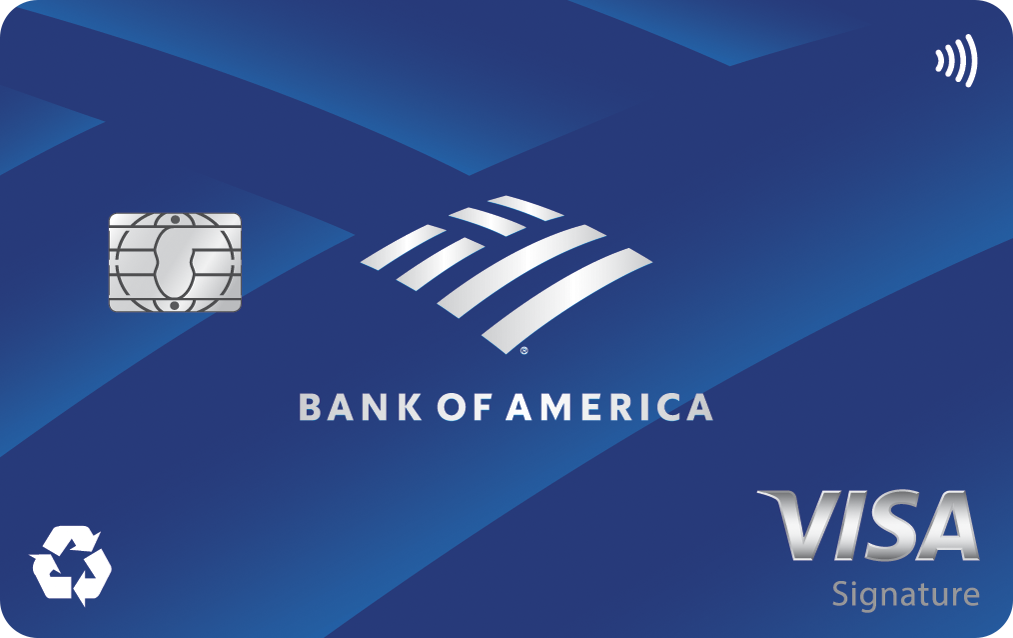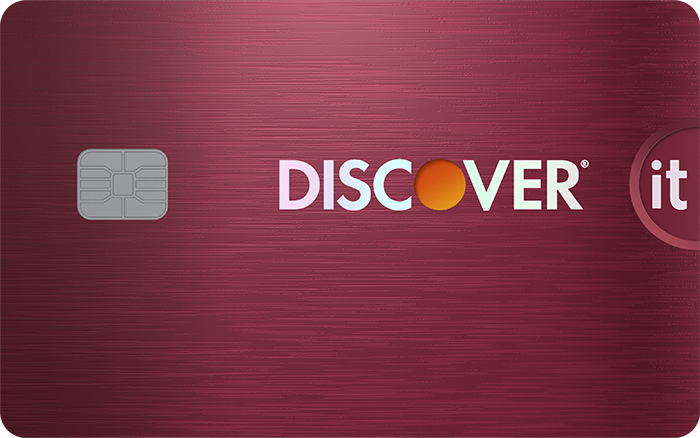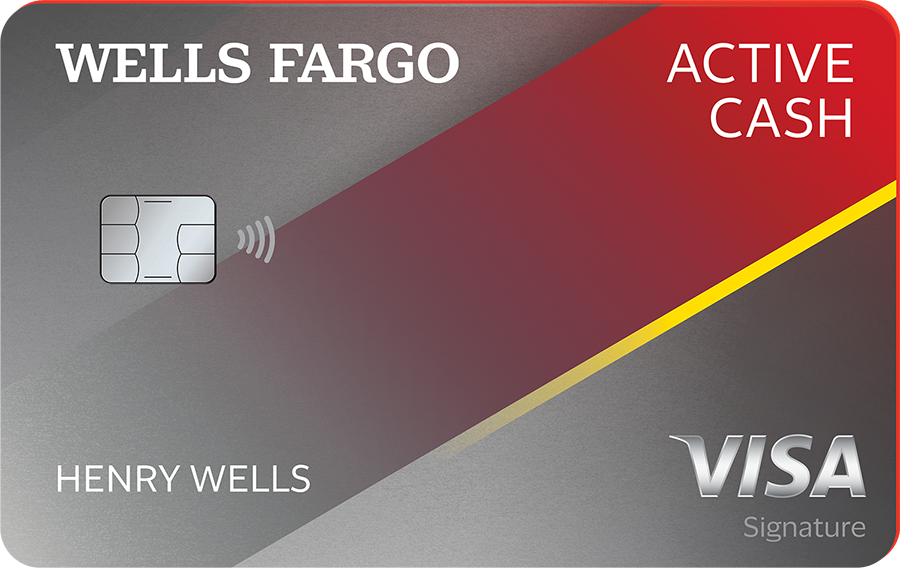If you're behind on your credit card payments, you might not see a realistic way out. In this situation, learning how to negotiate credit card debt could be your best solution.
Since credit cards are unsecured debt, card issuers are sometimes willing to work with consumers who need help. This isn't without its drawbacks. Negotiating credit card debt can negatively affect your credit score and result in the closure of your card. But if you've exhausted other methods, then it's worth considering.
In this guide, you'll learn how to negotiate credit card debt, the impact it can have on your credit, and how to decide if it's the right solution for your situation.
How to negotiate credit card debt
- Call the credit card company at the number on the back of your credit card.
- Ask to speak to the financial hardship or debt settlement department.
- Explain your situation to the representative and see what your options are.
- When you agree on a plan, get it in writing before you send any money.
Agreements with card issuers
There are a few different kinds of agreements you could come to with the card issuer. The most common include:
A lump sum settlement
You offer to pay a set amount that's less than the total balance if the card issuer will forgive the difference. You'll need to have the money ready, because credit card companies don't want to wait once they've agreed to a debt settlement. The card issuer will close your credit card account when you settle a debt for less than what you owed.
A payoff plan/workout agreement
You renegotiate the terms of your repayment so it's easier to pay off your card over time. As part of your agreement, the creditor may agree to waive late fees, reduce your interest rate, and/or reduce the monthly payment due. In exchange, you'd generally need to agree to comply with a specific payment schedule. With this type of plan, the card issuer may suspend your credit card account, meaning you can't use it until you've completed the agreement, or close it altogether.
A hardship plan
If you're facing a short-term financial hardship, your creditor may be willing to temporarily pause or lower payments. In many cases, you'll be required to agree to a structured repayment plan. The card issuer may suspend your credit card account until you've completed the hardship plan.
You may have heard of debt settlement companies that charge a fee to negotiate credit card debt for you. That may seem useful, but you don't need a debt settlement company to come to a deal with your credit card company. You can call, make a proposal, and go back and forth with the card issuer until you have an agreement.
What to do before negotiating credit card debt
Negotiating credit card debt is a last resort. Before you jump to that, see if there are any other options available.
Start by going over your monthly spending to see how much you could realistically put toward your debt. If you can reduce expenses and put together a plan to pay off your debt, that's a better way to go.
Find out whether debt consolidation or refinancing could be possible. This is more likely if you have a good credit score. Two popular options that can get you a lower interest rate, and possibly a lower monthly payment, on your credit card debt are:
If you can't pay off your debt and you need to negotiate, figure out what kind of deal you want to make with the credit card company. You could ask for a repayment plan with a lower payment amount, interest rate, or both. You could offer a lump sum payment to settle your debt, such as 25% to 50% of the amount owed.
The right choice depends on your financial situation. It's important to think about this before you contact your card issuer so you know what to request.
Does negotiating credit card debt affect your credit?
Negotiating credit card debt can hurt your credit, which is why it's best to consider other options first.
If you've missed any payments, your credit score will already have taken a hit. And credit card companies often won't negotiate credit card debt until you've been late on paying your bill.
Here are the ways negotiating credit card debt can affect your credit, depending on the type of agreement you reach with your card issuer:
- When you settle a debt, creditors generally report the debt as settled, rather than paid in full. This will be a negative mark on your credit report because it shows you didn't fully repay money you borrowed.
- If the card issuer cancels your credit card, it will reduce the available credit you have, which can increase your credit utilization ratio. It can also reduce your average credit account age. Both those factors can impact your credit score.
The good news is that after you negotiate your credit card debt and fulfill your end of the agreement, you won't have additional late payments or high balances recorded on your credit report. With no new negative information being posted, you can start to rebuild your credit.
Should you negotiate credit card debt?
When there's no reasonable way to repay what you owe, negotiating credit card debt can be a good solution. But you should think carefully about whether there are any alternatives available, especially if you haven't missed any payments yet. Credit card debt negotiation can work, but it will be years before you can qualify for the best credit cards or low-interest loans again.
Credit card comparison
We recommend comparing options to ensure the card you're selecting is the best fit for you. To make your search easier, here's a short list of standout credit cards.
| Offer | Our Rating | Welcome Offer | Rewards Program | APR | Learn More |
|---|---|---|---|---|---|
|
Rating image, 4.50 out of 5 stars.
4.50/5
Our ratings are based on a 5 star scale.
5 stars equals Best.
4 stars equals Excellent.
3 stars equals Good.
2 stars equals Fair.
1 star equals Poor.
We want your money to work harder for you. Which is why our ratings are biased toward offers that deliver versatility while cutting out-of-pocket costs.
|
Discover will match all the cash back you’ve earned at the end of your first year. | 1% - 5% Cashback Earn 5% cash back on everyday purchases at different places you shop each quarter like grocery stores, restaurants, gas stations, and more, up to the quarterly maximum when you activate. Plus, earn unlimited 1% cash back on all other purchases. |
Intro: Purchases: 0%, 15 months Balance Transfers: 0%, 15 months Regular: 18.24% - 27.24% Variable APR |
||
|
Rating image, 5.00 out of 5 stars.
5.00/5
Our ratings are based on a 5 star scale.
5 stars equals Best.
4 stars equals Excellent.
3 stars equals Good.
2 stars equals Fair.
1 star equals Poor.
We want your money to work harder for you. Which is why our ratings are biased toward offers that deliver versatility while cutting out-of-pocket costs.
|
$200 cash rewards Earn a $200 cash rewards bonus after spending $500 in purchases in the first 3 months. | 2% cash rewards Earn unlimited 2% cash rewards on purchases. |
Intro: 0% intro APR for 12 months from account opening on purchases and qualifying balance transfers Purchases: 0% intro APR, 12 months from account opening Balance Transfers: 0% intro APR, 12 months from account opening on qualifying balance transfers Regular: 19.24%, 24.24%, or 29.24% Variable APR |
||

Apply Now for Bank of America® Travel Rewards credit card
On Bank of America's Secure Website. |
Rating image, 4.00 out of 5 stars.
4.00/5
Our ratings are based on a 5 star scale.
5 stars equals Best.
4 stars equals Excellent.
3 stars equals Good.
2 stars equals Fair.
1 star equals Poor.
We want your money to work harder for you. Which is why our ratings are biased toward offers that deliver versatility while cutting out-of-pocket costs.
|
25,000 points 25,000 online bonus points after you make at least $1,000 in purchases in the first 90 days of account opening - that can be a $250 statement credit toward travel purchases | 1.5-3 points per dollar Earn unlimited 1.5 points per $1 spent on all purchases, with no annual fee and no foreign transaction fees, and your points don't expire as long as your account remains open. Earn 3 points per $1 spent on travel purchases booked through the Bank of America Travel Center. |
Intro: 0% Intro APR for 15 billing cycles for purchases. 0% Intro APR for 15 billing cycles for any balance transfers made in the first 60 days. After the intro APR offer ends, 18.24% - 28.24% Variable APR on purchases and balance transfers will apply. A 3% fee for 60 days from account opening, then 4% fee applies to all balance transfers. Balance transfers may not be used to pay any account provided by Bank of America. Purchases: 0% Intro APR for 15 billing cycles for purchases Balance Transfers: 0% Intro APR for 15 billing cycles for any balance transfers made in the first 60 days Regular: 18.24% - 28.24% (Variable) |
Apply Now for Bank of America® Travel Rewards credit card
On Bank of America's Secure Website. |
FAQs
-
Credit card companies may settle for anywhere from 10% to 50% of the amount owed. It depends on several factors, including the credit card company and how delinquent the balance is.
-
It's better for your credit score to pay debt in full, because it will be reported as paid, and not settled, on your credit history. However, in some situations, settling debt for a smaller amount could be the better financial decision.
-
Credit card companies generally won't forgive debt entirely, but they may accept a smaller amount in a debt settlement.
We're firm believers in the Golden Rule, which is why editorial opinions are ours alone and have not been previously reviewed, approved, or endorsed by included advertisers. Motley Fool Money does not cover all offers on the market. Motley Fool Money is 100% owned and operated by The Motley Fool. Our knowledgeable team of personal finance editors and analysts are employed by The Motley Fool and held to the same set of publishing standards and editorial integrity while maintaining professional separation from the analysts and editors on other Motley Fool brands. Terms may apply to offers listed on this page.
The Motley Fool owns shares of and recommends Visa.

